Cat Info
we might get a small commission if you choose to order through the links provided
Caring for an Older Cat – Dietary Tips
As is the case with humans, animals’ dietary needs change as they progress through various stages of life. When they are kittens, for example, they thrive on the specific nutrients they receive through their mothers’ milk. As cats begin to mature into old age, their needs begin to change again. For this reason, pet owners who want to provide the best possible care for their feline friends may want to do a little research into what is required when feeding older animals. Below are a few tips and suggestions on what you might want to look for when designing a new diet regimen for your ageing cat.
1. Provide Foods That Are High in Moisture
Ideally, the feline diet is high in moisture, meat fat and protein, and has a good balance of nutrients and essential minerals. In general, cats are not evolved to consume a whole lot of carbohydrates or proteins that are derived from plants. This means that pet owners may need to be somewhat vigilant when they purchase canned or dry food, because some manufacturers do not use appropriate ingredients or do not strive for an ideal balance in their products. However, be aware that expensive cat food is not always the best choice; in some instances, these foods are made by small companies that may not have the time or resources to regularly conduct quality checks on their products. All in all, the best route is to simply be vigilant about checking brands and their ingredients to make sure they provide the quality levels you want.
2. Take Products Targeted at Elderly Felines With a Grain of Salt
Because a lot of cat owners are concerned about what to feed their pets as they grow older, many food manufacturers are starting to create product lines and ad campaigns targeting this demographic. When you read that a food is specially formulated for ageing cats, take it with a grain of salt, as the ideal cat diet is still under debate by veterinarians and researchers.
3. Factor Your Cat’s Weight Into Your Feeding Decisions
It may be difficult to ignore your cat when it is pitifully meowing for more food, but you should only feed your pet an amount that is appropriate to a healthy weight. Obesity in cats can be very dangerous, and can cause medical conditions such as diabetes, arthritis, and urinary tract issues. These problems are only made worse as cats grow older, so you are doing your pet no favours in the long term by allowing it to remain obese or overweight.
4. Provide Plenty of Water, and Monitor How Much Your Cat Drinks
Older cats are more likely to become dehydrated than their younger counterparts, and they are also less inclined to seek water out even when they need it. For these reasons, it is important that you always keep your cat’s water bowl full and monitor whether or not she is actually drinking regularly. If you notice she is displaying symptoms of fatigue and has not had a drink in a while, you may want to consult your vet.
While there may not be a definitive guide on what an ideal elderly cat diet looks like, simply remaining vigilant about your cat’s food and eating habits can go a long way toward helping your pet stay healthy well into old age. If you have any specific questions about your cat’s diet, you may want to talk it over with your vet at your next appointment.
Photo by: Rafael Vinicius Leme Habermann
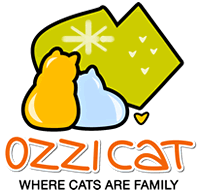
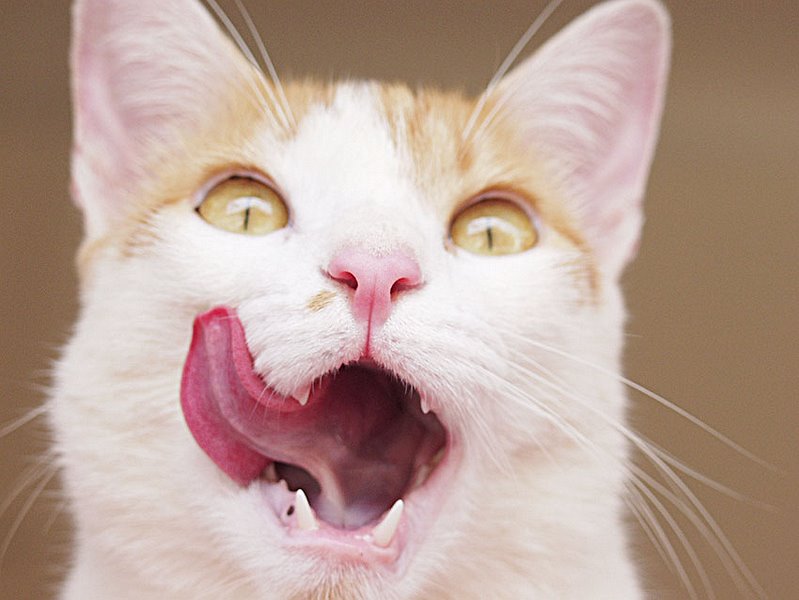








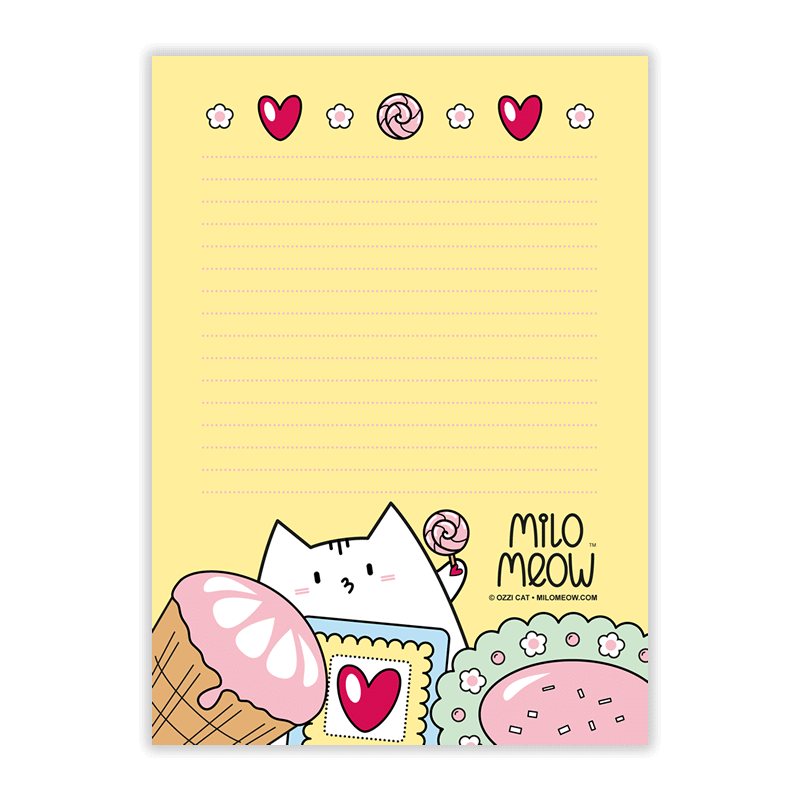
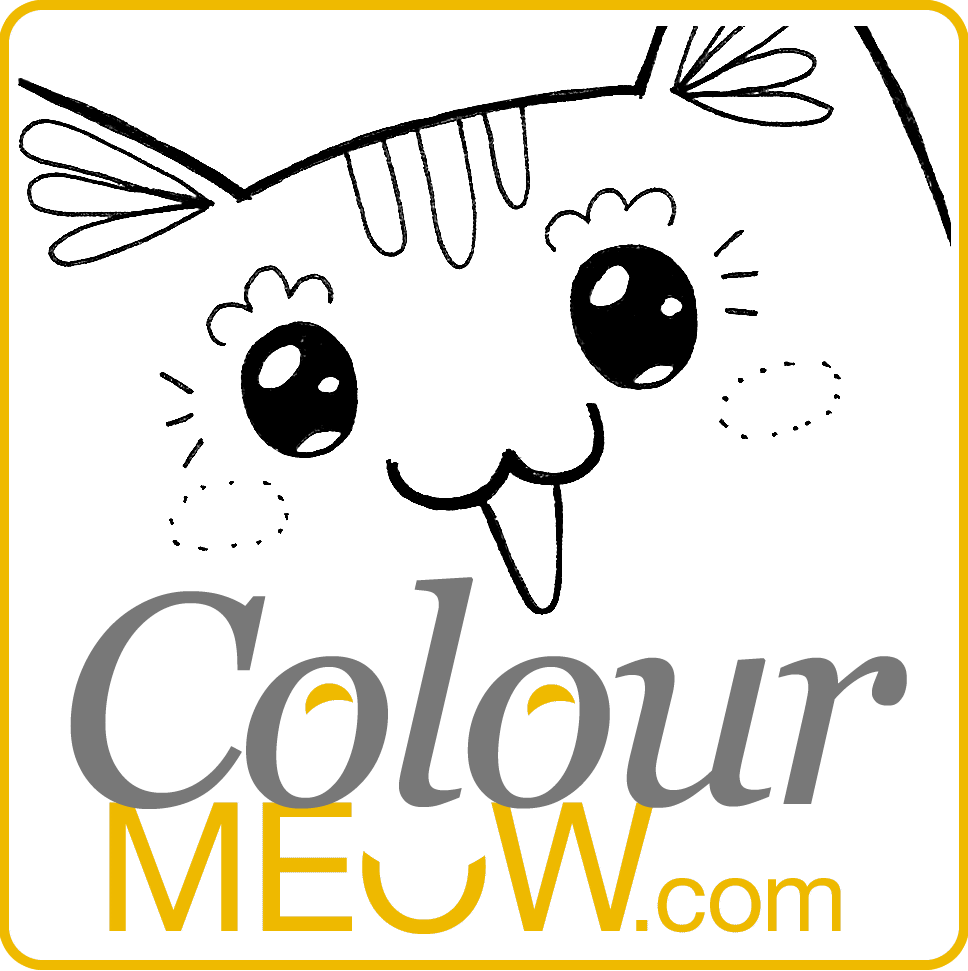
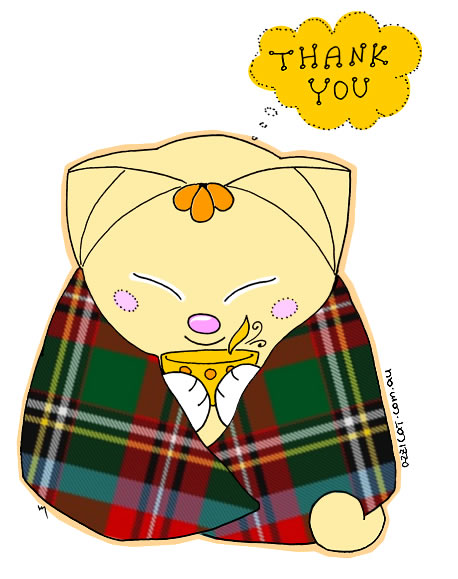
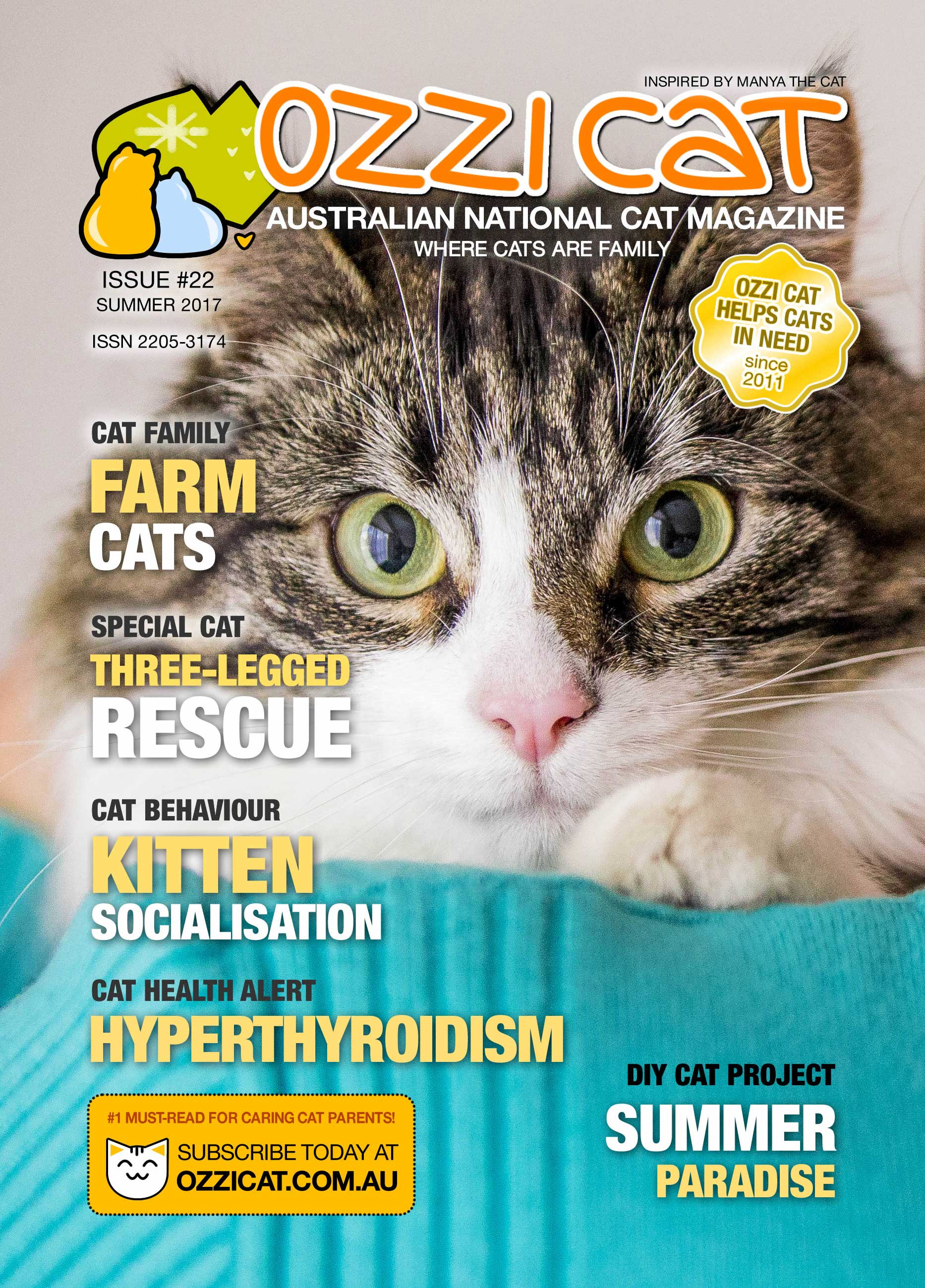
Amy WiseJuly 30, 2014 at 10:47 am
With any pet it’s important to consider their age and how it relates to their nutrition. Thanks for the tips on choosing an appropriate food for your older cat.
As you have mentioned it’s important to research online and also ask your veterianarian and pet store staff what they suggest to get different opinions.
Natalie @ Ozzi Cat MagazineJuly 31, 2014 at 12:40 am
Thank you, Amy!